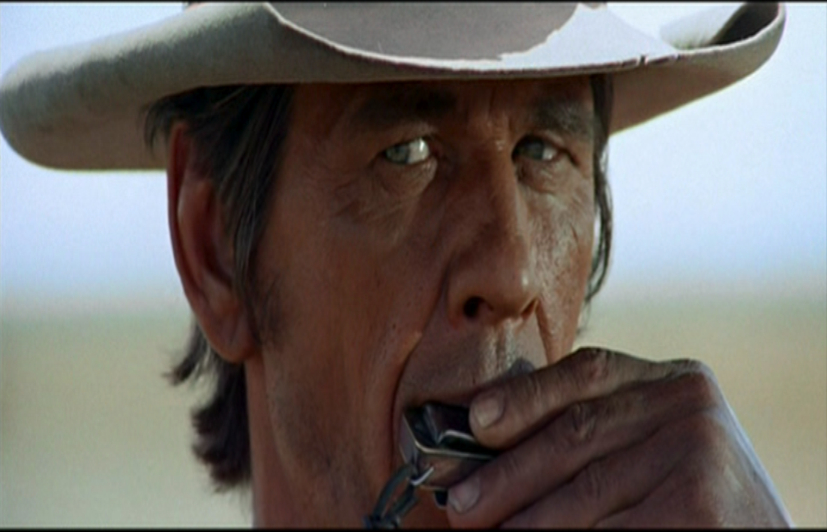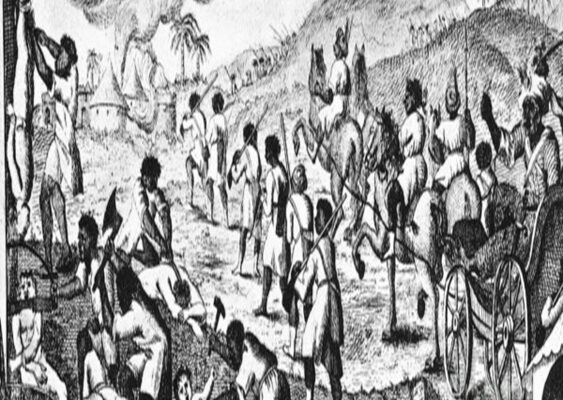One common claim from White Nationalist Yankees is that the Union’s victory in the War of Northern Aggression ended up being a good thing for White Southerners as it helped prevent Dixie from becoming a large-scale Haiti. As the claim goes, Dixie alone would have eventually become majority black and, with that, would have become a ticking timebomb that sooner or later would have turned into a Haitian-style black revolution or a large-scale massacre of the White population. Additionally, it’s claimed the consolidation and reforming of the United States after the War ensured that the Union remained overwhelmingly White and thus the threat of a black revolution was mitigated.
It’s a fear that many White Southerners shared in the days leading up to the War. But many Southerners correctly saw that the radical Yankee abolitionists were increasing the chances of turning Dixie into an ill-fated Saint-Domingue. Remember, Haiti was the worst-case scenario, and the history of Haiti since has further shown this. Haiti was not a case of “slaves rising against their masters” as so many on the Left naively believe, but rather wholesale racial carnage. Both slaveholding and non-slaveholding Whites were killed, and the Haitian slaughter is a chief reason why Southern Whites, from the poorest farmer to the wealthiest aristocrat, held such a remarkable degree of unity. They knew that, as in Haiti, they would all be killed. But despite these claims, I do not think there was any real danger of Dixie becoming the next Haiti, the conditions between the two were simply too different, as I will outline below.
1. Demographics
Modern White Nationalists who insist Dixie is demographically similar to Haiti are only superficially looking at the problem. At the eve of the Haitian Revolution, Haiti was over 90% black. By contrast, the South, although having a significantly higher black population than the North, was nothing like Haiti. It is true that two states – South Carolina and Mississippi – had majority black populations, but their White population was still comparable. The rest of Dixie was majority White and, in certain areas, like Appalachia, it was overwhelmingly White. Only a handful of Southern counties had comparable demographics to Haiti, and that made a large-scale Haitian Revolution style scenario in Dixie unlikely. The numbers were simply not there.
2. Geography
Haiti is on an island, and that means that miliary reinforcement as soon as the slaves took physical control of Haiti was always going to be extremely difficult. An amphibious landing is one of the most difficult miliary endeavors to successfully pull off. By contrast, Dixie, centered on a continent, would have been far easier for the White forces to defend.
3. Priority
At the time of the Haitian Revolution, Haiti (or as it was once known, Saint-Domingue) was a French colony and France was involved in the Napoleonic Wars. It was not that Saint-Domingue was unimportant – Napoleon’s dream of a French Empire in North American was dependent upon it and the failure of the French to put down the rebellion is the primary reason France sold Louisianna to the United States; however, it was a side quest compared to the war in Europe. By contrast, had a slave revolt ever broken out in Dixie, it would have very quickly become the greatest priority for our nation, and that would have made it far more difficult for something like Haiti to take place.
4. Disease
It is also worth pointing out a key reason why the Haitian Revolution was successful – despite the massive disadvantages the French had in terms of population and geography, they were still on the cusp of victory when an outbreak of yellow fever decimated the French forces. Yellow fever is a tropical disease, meaning the French had no immunity to it, while the Haitians did. Because Dixie sits north of the tropics, yellow fever itself never could have become a factor. But there is also little realistic chance that any disease could have ravaged Dixie, killing the White population in droves while leaving the black population relatively unscathed. The two populations had simply lived in proximity for far too long for there to have a significant enough difference in the immune systems of the two populations to produce a Haiti-style scenario.
So, despite what certain White Nationalists claim, the Yankee army did not save us from becoming Haiti, the conditions were too great for that to happen. By understanding what happened in Haiti, Southerners can better understand that the Yankee army was in no way a force for good (either in the short or long term). It was a force of destruction. It is also why, despite claims to the contrary, a Free Dixie was viable.







Great piece.Loved it.Very thought provoking and just what I enjoy reading.Thank you and may the good Lord bless you and keep you.Take care.Christ is King!